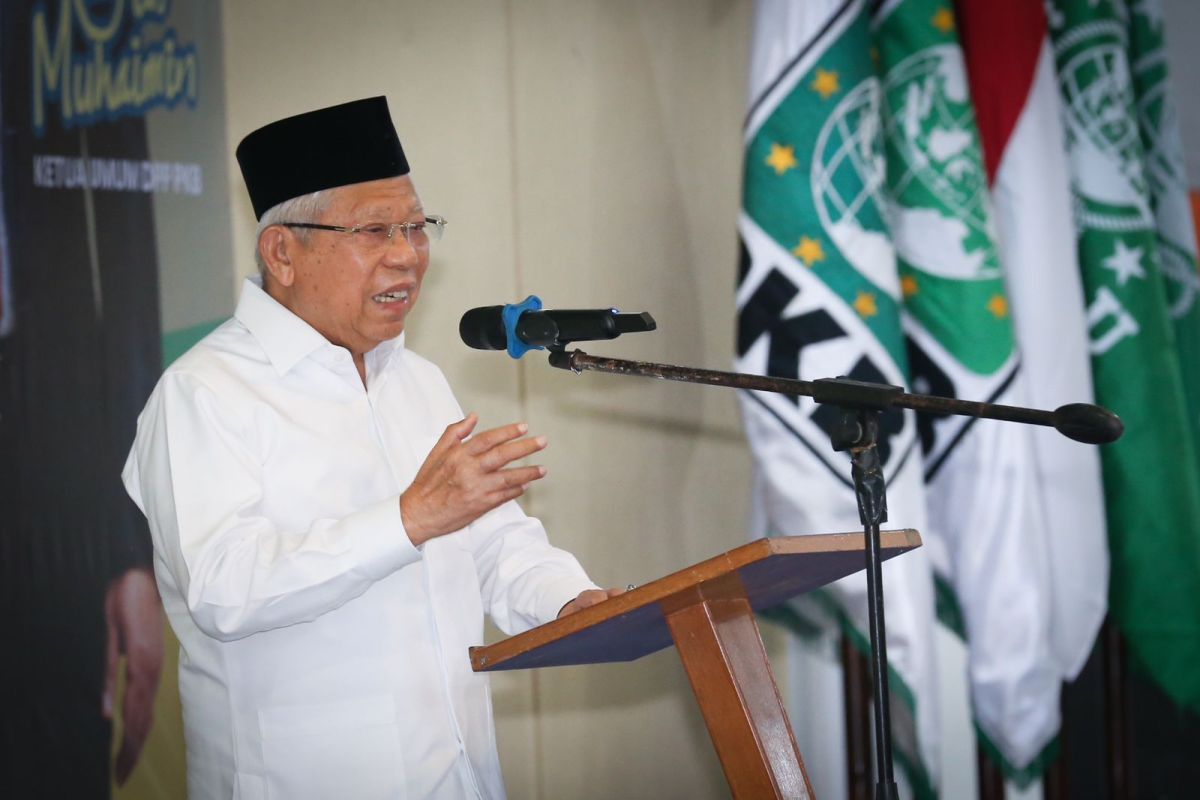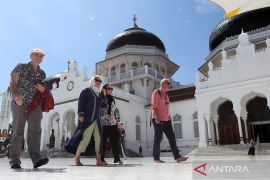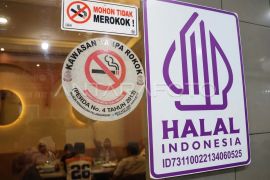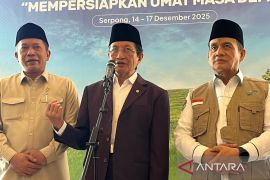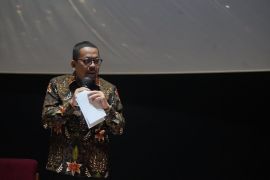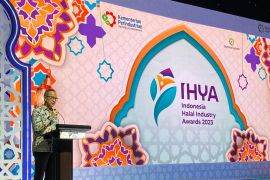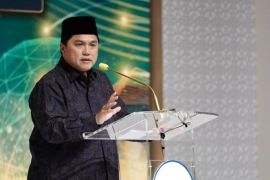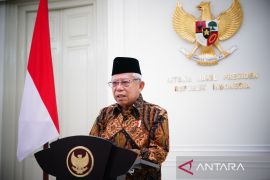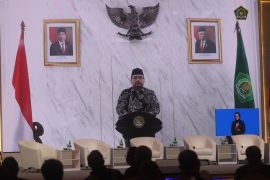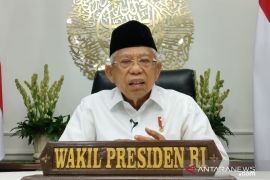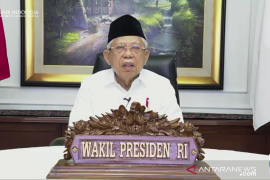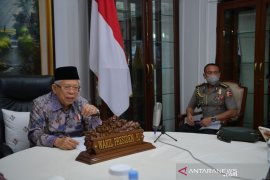He made the statement at the global launch of the State of the Global Islamic Economy (SGIE) Report 2024–2025 in Jakarta.
"As one of the countries with the largest Muslim population in the world, Indonesia has both the moral legitimacy and democratic support to take meaningful steps toward becoming the center of the global Islamic economy," Amin said.
He noted that the Islamic economy continues to grow not only in Muslim-majority nations but also in non-Muslim countries. This expansion is driven by several factors, including the rising global Muslim population — projected to make up 25 percent of the world’s total — and increasing prosperity in Muslim countries.
Technological advancement and digitalization have also played a key role in raising global awareness of the halal economy and its compliance with sharia principles, he added.
Amin emphasized that building Indonesia’s Islamic economy in the real sector, such as the halal industry and its supporting ecosystem, alongside Islamic financial services and Islamic social funds, would generate economic value and contribute to sustainable development goals (SDGs) by delivering social impact.
He also noted that the Indonesian government has integrated Islamic economic development into its national development strategies.
"This marks a pivotal moment, as planning and budgeting for Islamic economic development are now fully integrated into the country’s strategic documents," Amin said.
"It is now our shared responsibility to ensure these plans are aligned and implemented each year — both at the national level by ministries and government agencies, and at the local level by regional governments and related institutions," he added.
Related news: KNEKS to be rebranded as Islamic Economy Agency
Related news: BPKH to host IFN Dialogues 2025 on the future of Islamic finance
Translator: Baqir, Azis Kurmala
Editor: Anton Santoso
Copyright © ANTARA 2025
